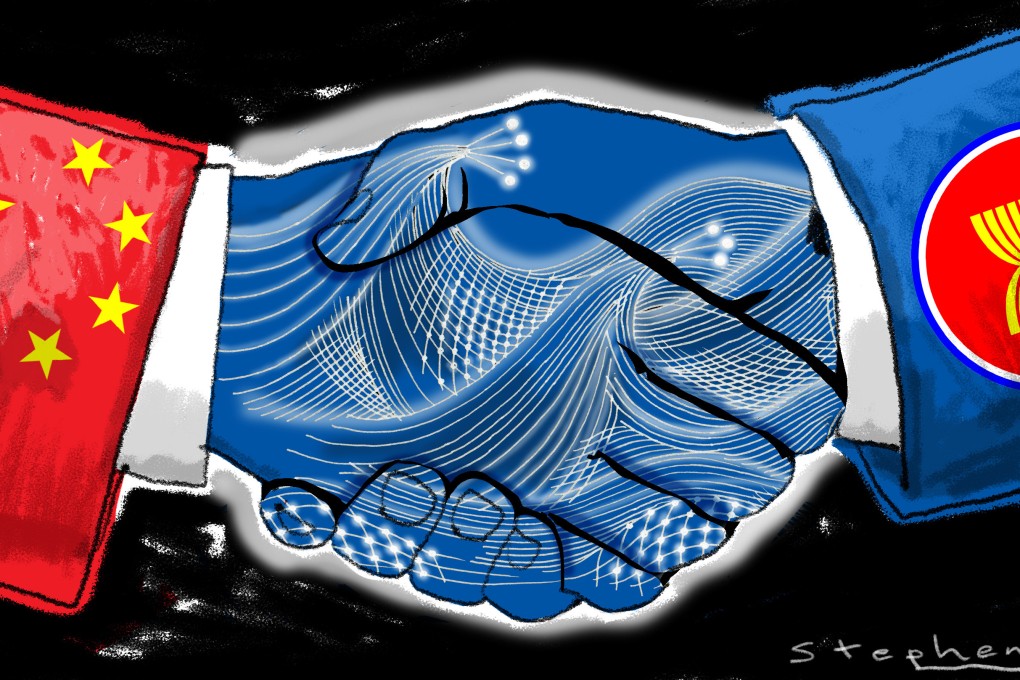Advertisement
Opinion | Why China will play a bigger role in developing Asean’s digital economy
- Chinese firms are attracted to the huge, rapidly growing regional market and are a good fit for its social needs; national policies show a willingness to engage
- Asean members do not choose sides, allowing both the US and China to participate in its emerging digital order – a lesson for global digital governance
Reading Time:4 minutes
Why you can trust SCMP
3

As three major global summits concluded in Southeast Asia, digital economy governance has become an international focus. At the G20 Bali summit, Chinese President Xi Jinping called on all countries to “promote connectivity in the digital age, and take effective measures to promote digital literacy and skills for all”, noting that it was “particularly important to help developing countries and disadvantaged groups”.
Singaporean Prime Minister Lee Hsien Loong also called for the formulation of international regulations and stronger coordination for cross-border rules, standards, digital frameworks and policies.
Asean has made phenomenal achievements on the back of the 20-year global digital economy development miracle. Last year, the digital economy of the Association of Southeast Asian Nations reached US$174 billion and is expected to grow to US$1 trillion by 2030. In this encouraging environment, there are four “great waves” pushing China and Asean towards greater digital cooperation.
Advertisement
The first is the region’s huge and attractive market. Southeast Asia has a population of more than 680 million people with a median age of just 30.2 years. More than 440 million are internet users and more than 60 million digital consumers have been added since the pandemic began. Last year, Asean’s six major digital economies (Vietnam, Thailand, Philippines, Malaysia, Singapore and Indonesia) grew by 49 per cent.

This vast market has attracted investments from China’s digital giants. Tencent has been investing in Sea Limited, Southeast Asia’s most prominent digital company, since 2010.
Advertisement
Advertisement
Select Voice
Select Speed
1.00x

